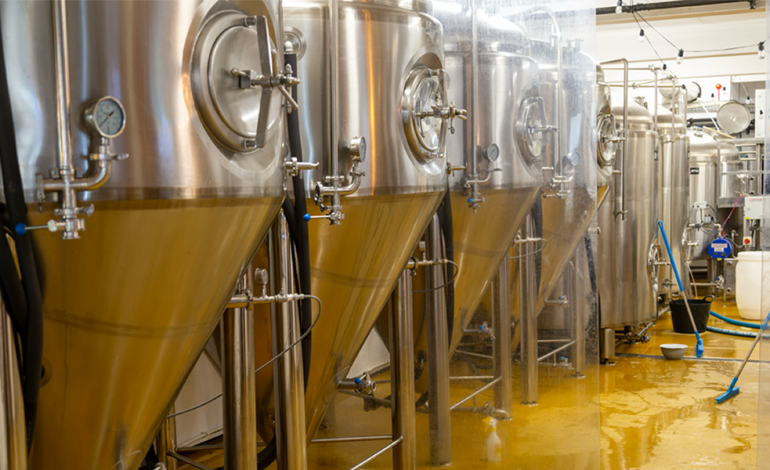A recent scientific study has revealed that several beers brewed in the United States contain high levels of “forever chemicals,” surpassing the Environmental Protection Agency’s (EPA) allowable limits for drinking water, as per Fox News.
Researchers from the journal Environmental Science & Technology, a publication of the American Chemical Society (ACS), investigated the presence of polyfluoroalkyl substances (PFAS) — toxic compounds known as “forever chemicals” due to their persistence in the environment and human body. The team aimed to determine how these substances are making their way into beer and at what levels.
“As an occasional beer drinker myself, I wondered whether PFAS in water supplies was making its way into our pints,” said lead researcher Jennifer Hoponick Redmon. “I hope these findings inspire water treatment strategies and policies that help reduce the likelihood of PFAS in future pours.”
The researchers tested 23 beers using a modified EPA method typically used for measuring PFAS in drinking water. Their sample included beers from regions known to have contaminated municipal water supplies — including North Carolina, California, and Michigan — as well as several widely distributed brands with unspecified water sources.
In 95% of the tested beers, researchers detected at least one type of PFAS, including perfluorooctanesulfonate (PFOS) and perfluorooctanoic acid (PFOA) — two chemicals with newly established EPA safety thresholds. Beers brewed in areas with documented PFAS contamination showed significantly higher levels of the chemicals, suggesting a direct link between local water quality and contamination in the final product.
While most breweries have filtration systems, these are generally not designed to eliminate PFAS. This allows the chemicals to pass through the brewing process and into the beer itself.
In contrast, three international beers included in the study — one from the Netherlands and two from Mexico — were far less likely to show any detectable PFAS levels, highlighting the regional nature of the contamination.
“Our findings indicate a strong link between PFAS in drinking water and beer,” the researchers concluded. “This shows that drinking water is a primary route of PFAS contamination in beer.”










The latest news in your social feeds
Subscribe to our social media platforms to stay tuned